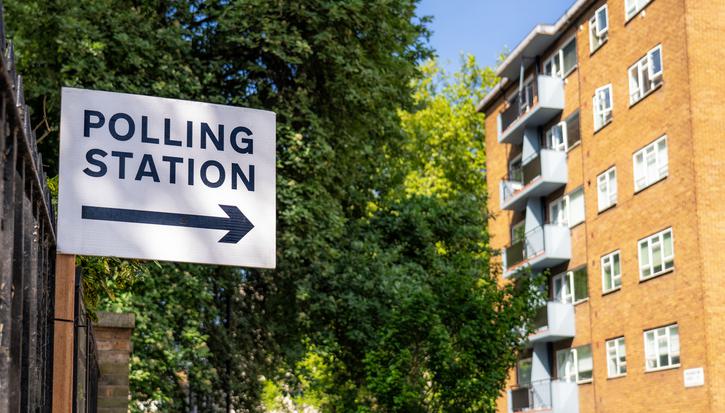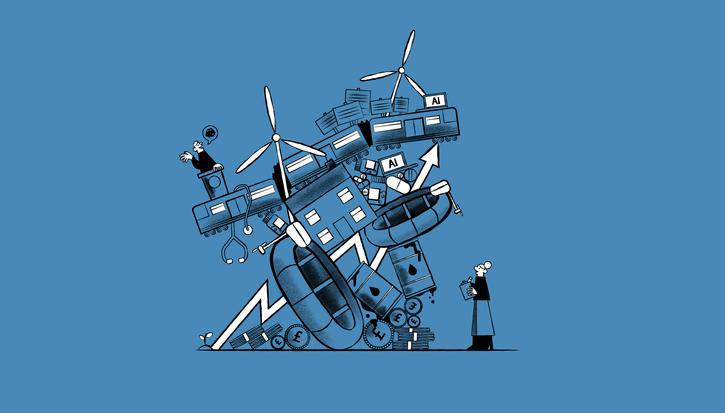Brexit North: Securing a united voice at the negotiating table
Brexit North: Why we need a Northern Brexit Negotiating CommitteeArticle
This paper is part of IPPR’s series on a ‘Progressive Brexit’. It considers both the implications of Brexit for the North of England, and a process by which the North can ensure that its needs are recognised within a national negotiation.
The north of England depends more heavily on trade with Europe than other parts of the country, and has been a significant recipient of EU funding. Yet, taken as a whole, a greater proportion of people in the North voted to leave the EU than in other parts of the UK.
This paper does not look in detail at the reasons for such voting patterns; instead, it focuses on the economic implications of the result. It argues that alongside trade and funding issues, the North has distinct economic assets and interests that will be affected by Brexit. This includes strengths in key sectors such as:
- advanced materials and manufacturing
- energy generation, distribution and storage
- health innovation
- the digital economy.
This distinctiveness means that Brexit presents both opportunities and threats. It is therefore essential that the North ensures that it has the tools it needs in order to both exploit the opportunities that Brexit offers, and mitigate the risks that it will pose.
The nascent and patchy development of combined authorities, metro-mayors and devolution ‘deals’ in the North means that the region is not well-placed to formulate a coherent response to Brexit that will match those of the devolved administrations for Northern Ireland, Scotland and Wales, or that of the mayor of London or other well-established lobbying groups. Furthermore, it is quite impossible for central government to deal meaningfully with the demands of over 30 upper-tier local authorities, and 11 local enterprise partnership areas, in the North one by one.
For this reason, the paper argues for the formation of a Northern Brexit Negotiating Committee to determine the type of Brexit that the North needs, and speak with one voice in the negotiations, rather than have others shape the debate and leave individual places in the North to simply cope with the Brexit that they are given.
Related items

Modernising elections: How to get voters back
Elections are the defining feature of modern democracy. They are the process by which we express a desired future en masse. It is the mass dimension that matters most; it is the mass dimension that is receding.
Bridge to the future: how to get the NHS through the winter and ready for reform
NHS staff across the country are gritting their teeth. Christmas parties have come and gone, but a more threatening annual tradition looms once again – the NHS ‘winter crisis’. This period, renowned for long waits and increased mortality,…
The great enabler: transport’s role in tackling environmental crises and delivering progressive change
In this special issue of IPPR Progressive Review we bring together leading political, academic and civil society thinkers to consider transport in modern Britain and its role in delivering a healthier, greener, more prosperous and…